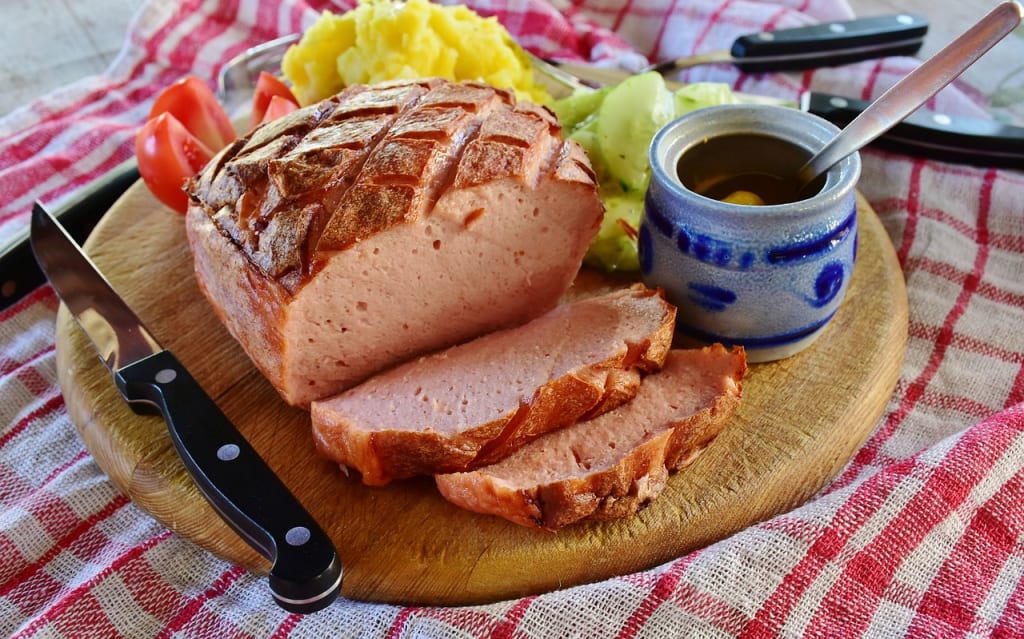What would happen if everyone stopped eating meat tomorrow?
do you have to courage to do that?

Let's explore the hypothesis together. The number of animals is more than four times the human population. Animals alone weigh about ten times the weight of all other wild mammals. Imagine if a nutritionist suddenly appeared with a wave of his stick and wiped all the meat off our plates—and wanted to eat it. Farm animals disappear for food--they are taken to other planets. What will happen in days, years, even thousands of years? Overnight, food-related greenhouse gas emissions decrease by 63%. We are no longer getting protein and essential nutrients from the 70 billion chickens, 1.5 billion pigs, 300 million cows and 200 million tonnes of fish and shellfish that are produced for consumption each year. To fill these nutritional gaps, we increase our appetite for fruits, vegetables, and nuts—foods that most nutritionists agree contain all the nutrients we need for a healthy life. . However, at first there was no food. Growth in demand drives up production costs. In places like Mongolia, the environment is harsh, it's hard to grow vegetables, and when there's a sudden lack of meat, people can't eat it. The meat-based culture has lost its footing. For example, members of the salmon-eating tribes in the Pacific Northwest region of the United States not only lost food and livelihoods, but also a large part of their their religion. Tens of millions of fishermen have lost their jobs and are fearing a decline in fish stocks. With the collapse of the food industry, many families in developing countries must compete for the income generated from livestock production. Some beef producers have converted to farming, thereby reducing the risk of workers and local communities to respiratory diseases associated with animal husbandry. As agriculture increased, prices fell. Finally, vegetarian food is cheaper than meat in most countries. Fortunately, we don't need to open up new farmland to grow all this food. If no animals are raised for food, land can be used to grow food. All things considered, our new diet requires less land and less water. Millions of deaths can be avoided each year, in part due to lower rates of heart disease, cancer and other diseases linked to eating red meat. We no longer have new pathogens from wild animals hunted for food, new flu infections from farmed pigs, or drug-producing bugs from beef cattle previously treated with antibiotics. . Over time, biodiversity will continue to increase due to habitat loss, pesticide use, and other agricultural pressures. Amazon birds have more forest to fly into. Fewer cheetahs are shot because the prey is too close. As natural habitats develop, colonies of bees, wasps and insects flourish. On the other hand, plants that have been planted by insects will be more productive. Many marine species thrive on fishing. Throughout history, people in vegetarian areas have developed genetic variations to help them process fats in plants. So, over thousands of years, our bodies may have evolved to benefit from vegetables. Some adaptations may be lost, such as the ability to absorb iron from meat. Of course, magic won't destroy our world without food. Although many people choose to eat vegetarian, the number of people who eat meat continues to increase throughout the world. This situation is a problem for our climate. Even if we suddenly stop using fossil fuels, a business-as-usual food system and population growth will push global temperatures above 1.5°C by the end of the century . Cows are the main culprits. Beef and dairy produce more than 60%, but provide 18% of the world's calories. Generally, foods that are high in protein, such as chicken, produce fewer greenhouse gases than dairy-free vegetarian foods. Cutting back on meat, cheese, and dairy consumption can see many of the benefits of a diet-free world—no miracles required.
About the Creator
Rowan Sharkawy
someone who love to know anything & share it with every one
welcome to my profile






Comments
There are no comments for this story
Be the first to respond and start the conversation.